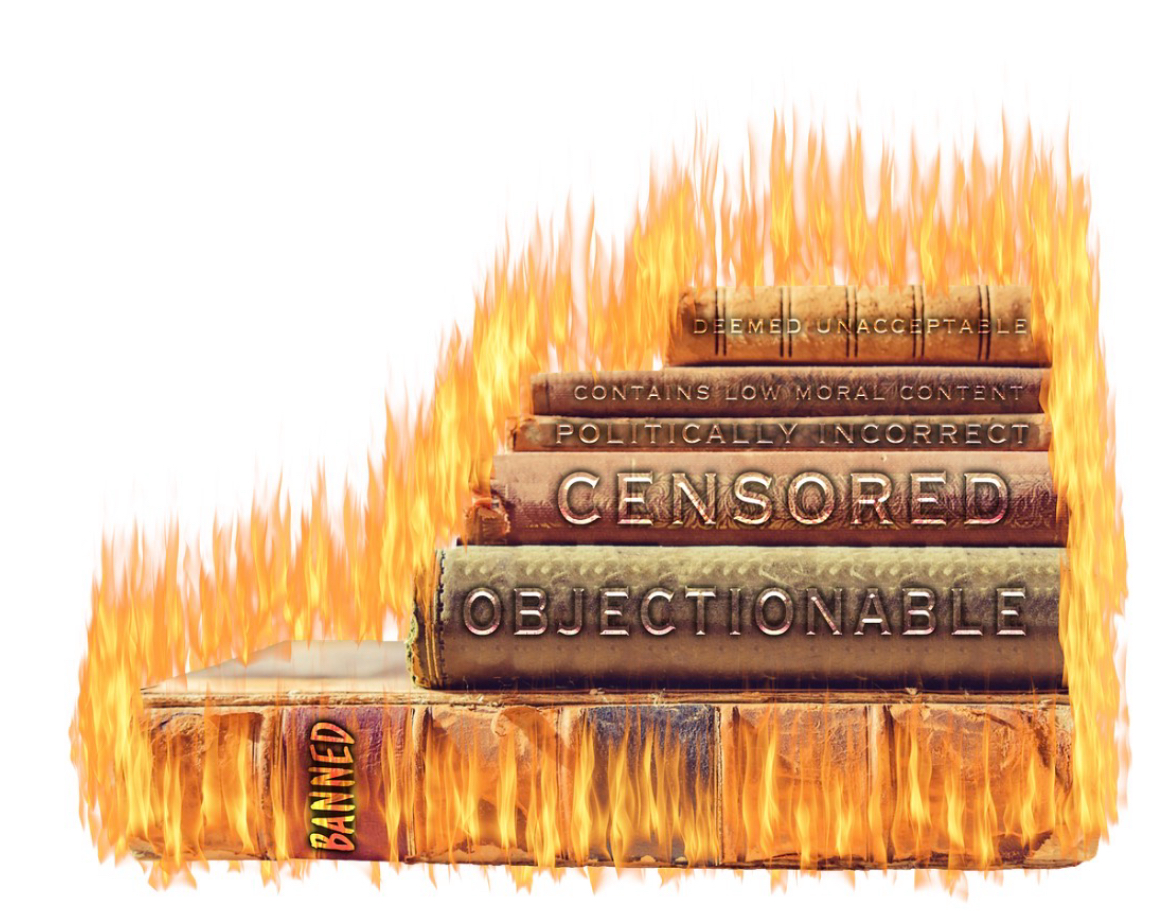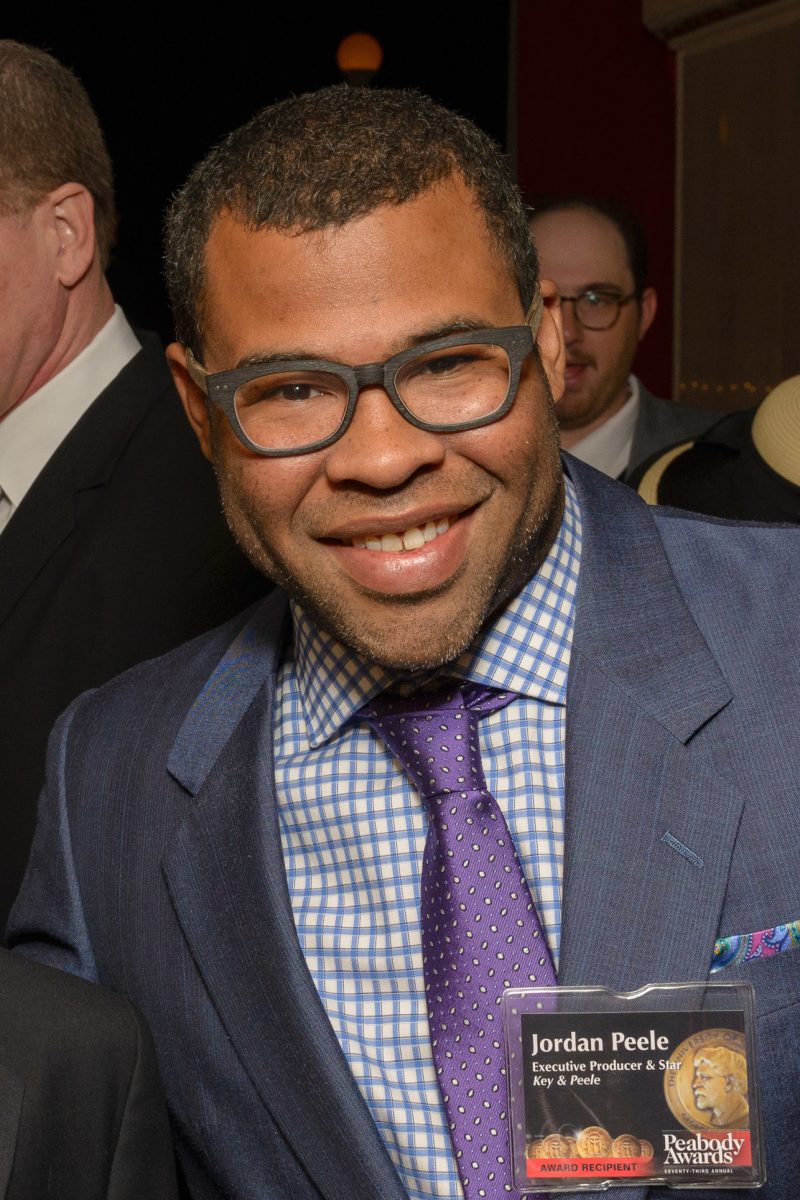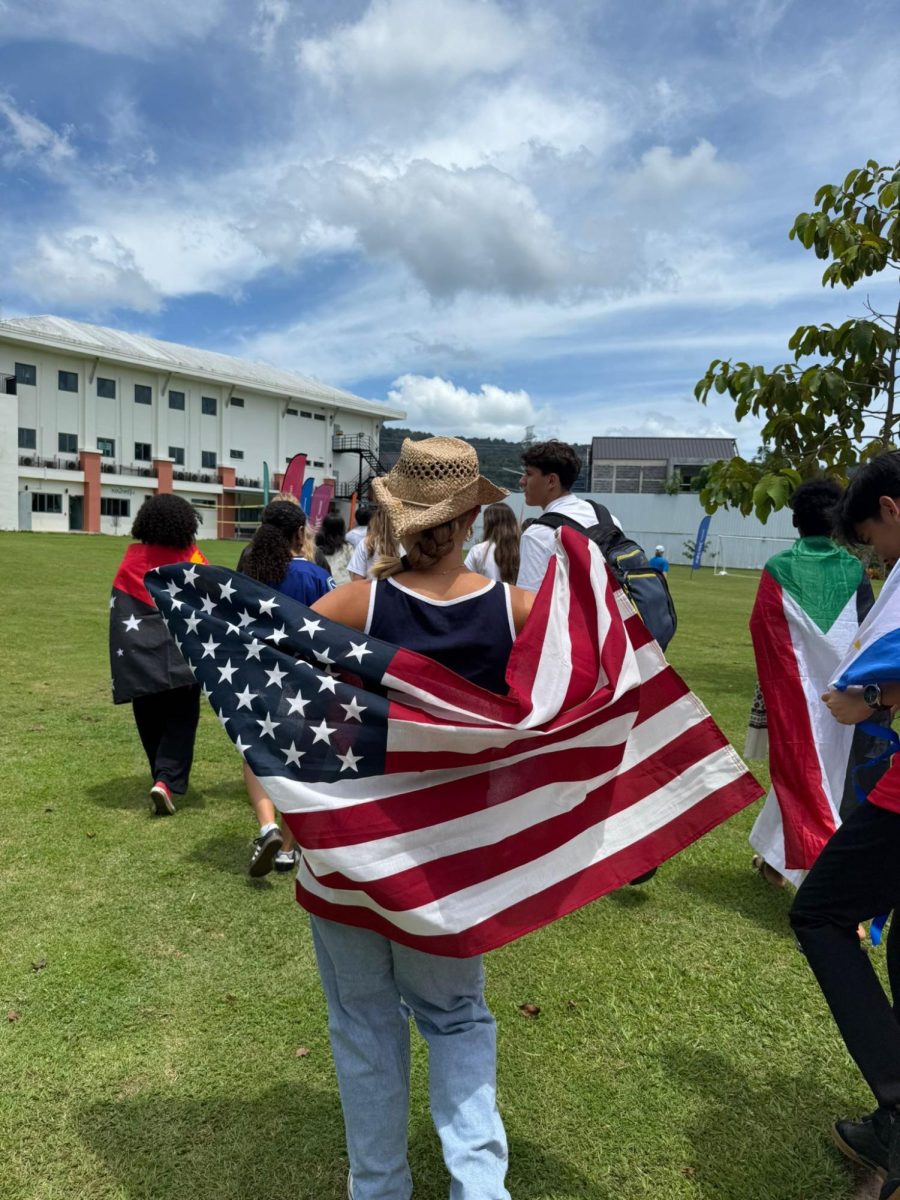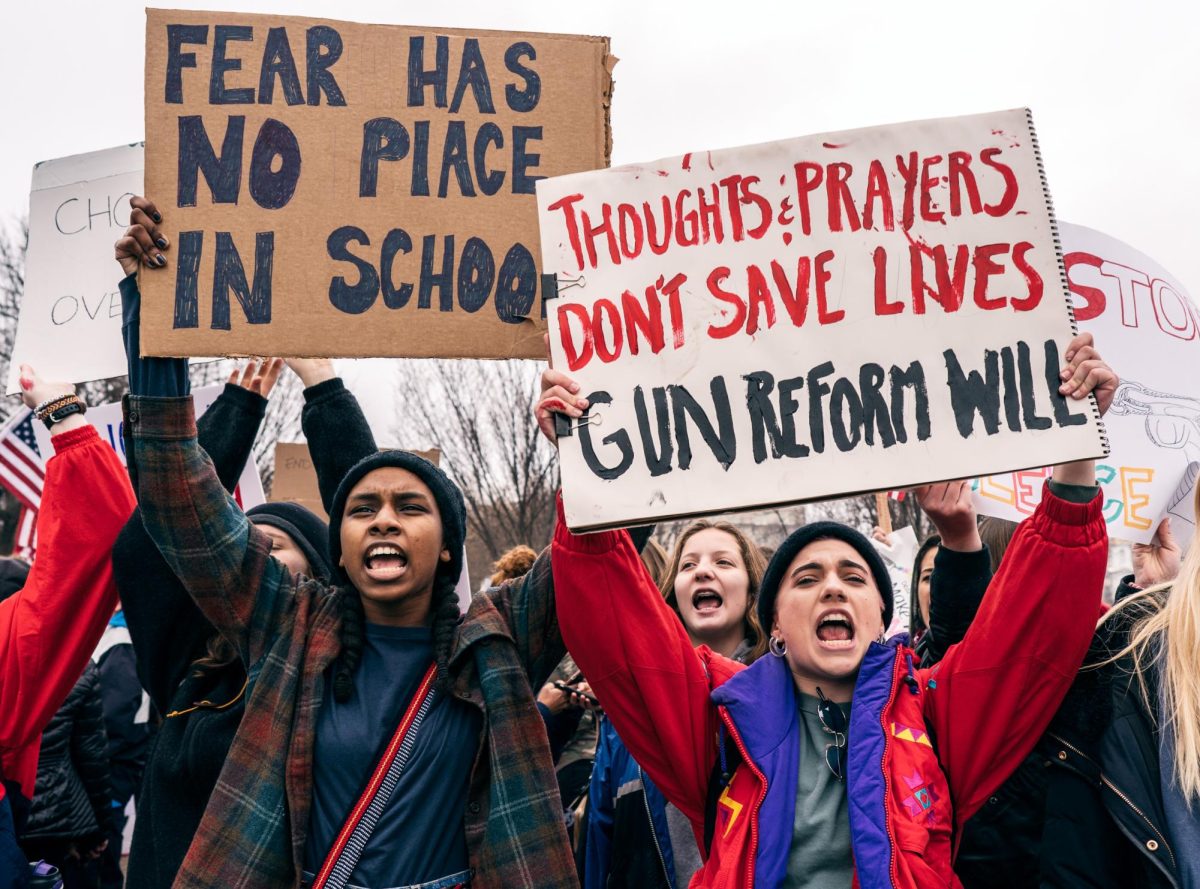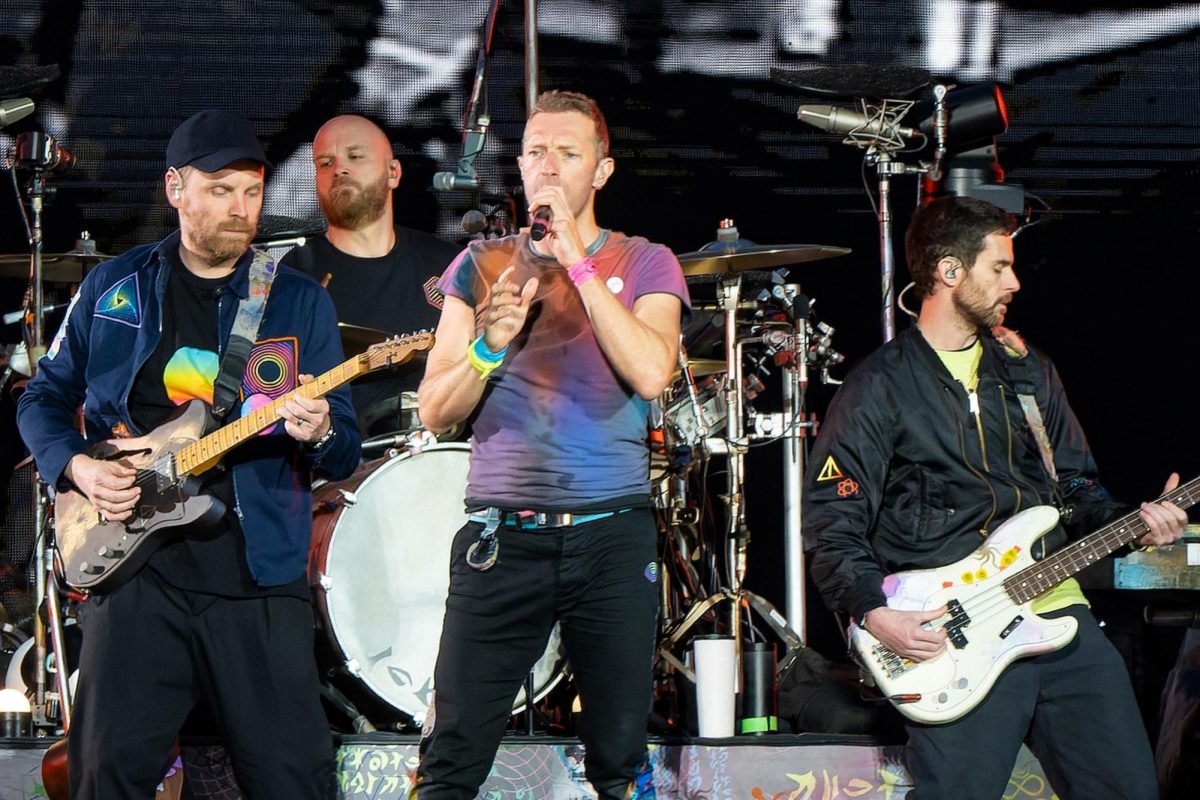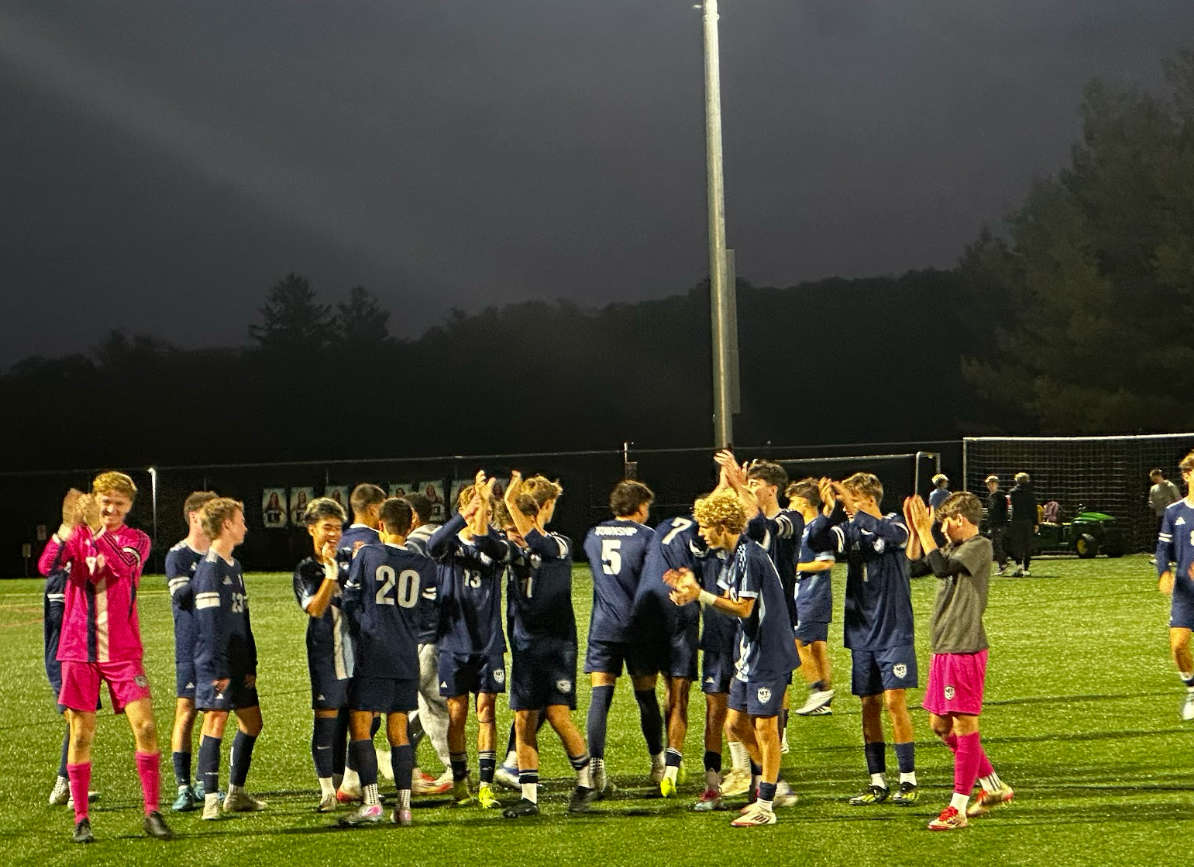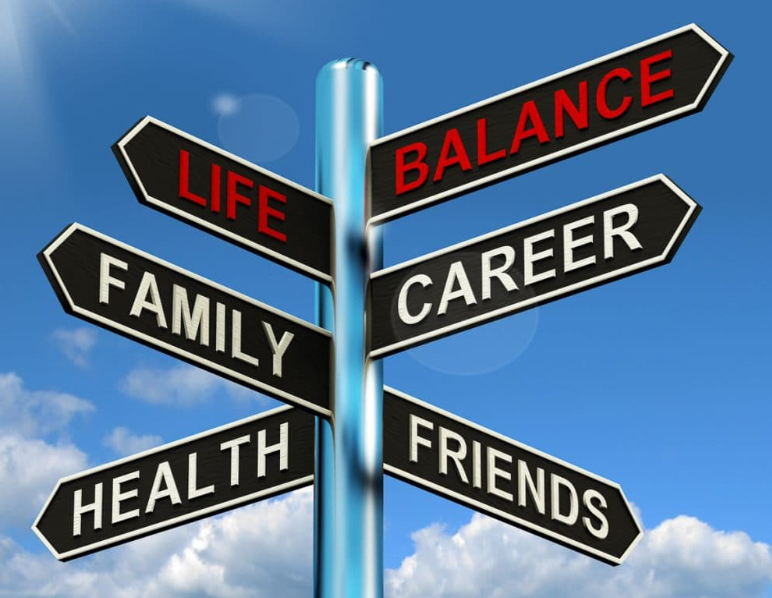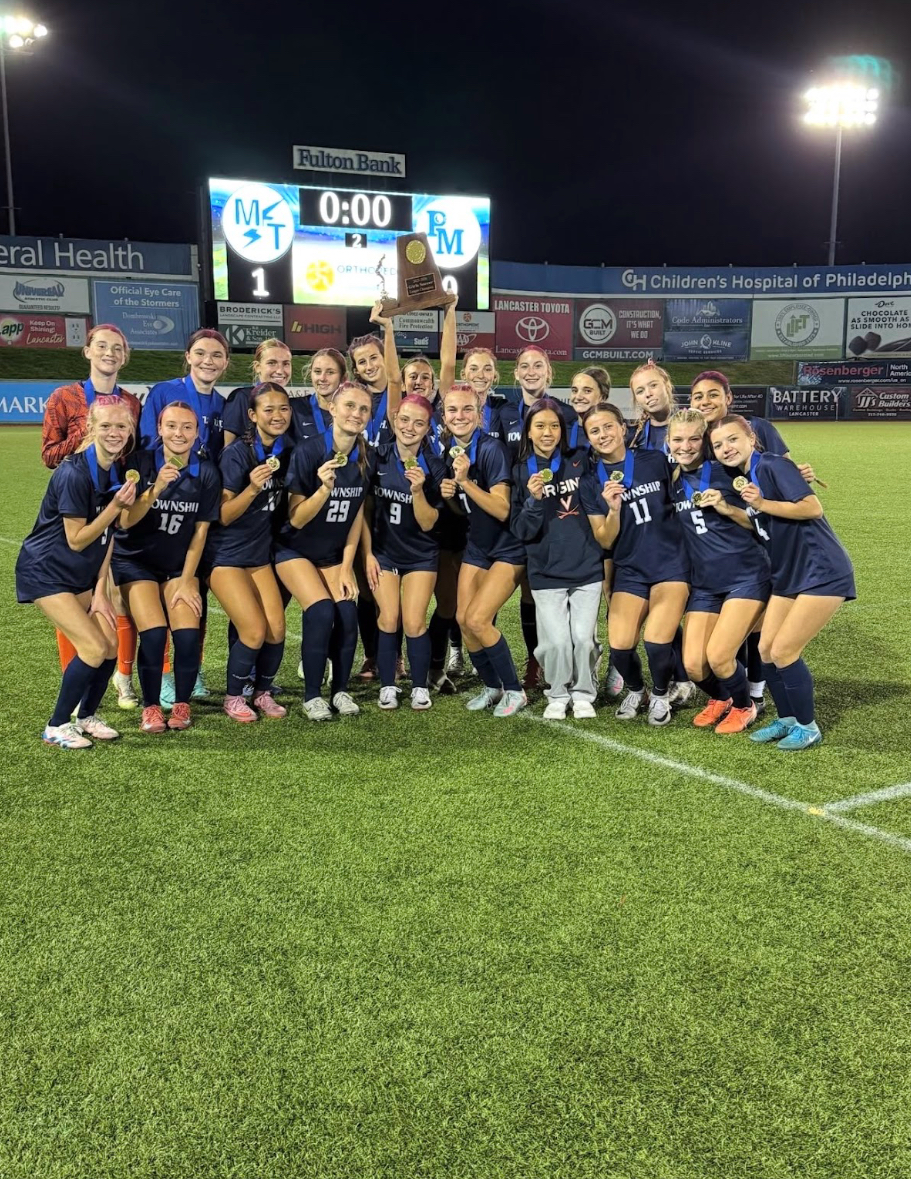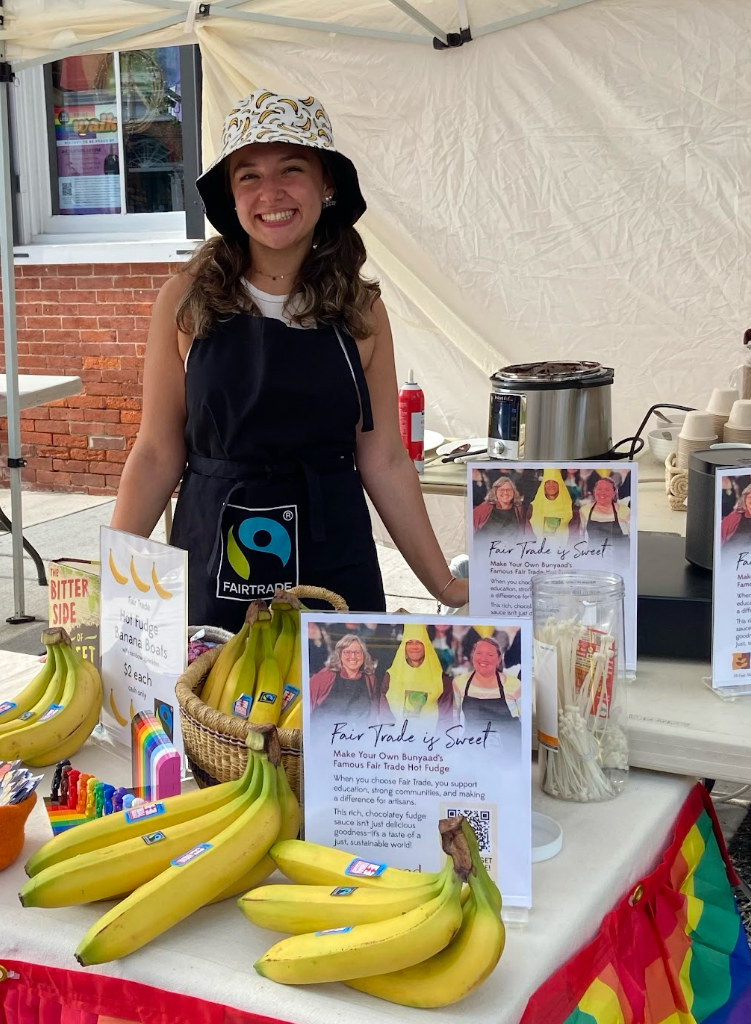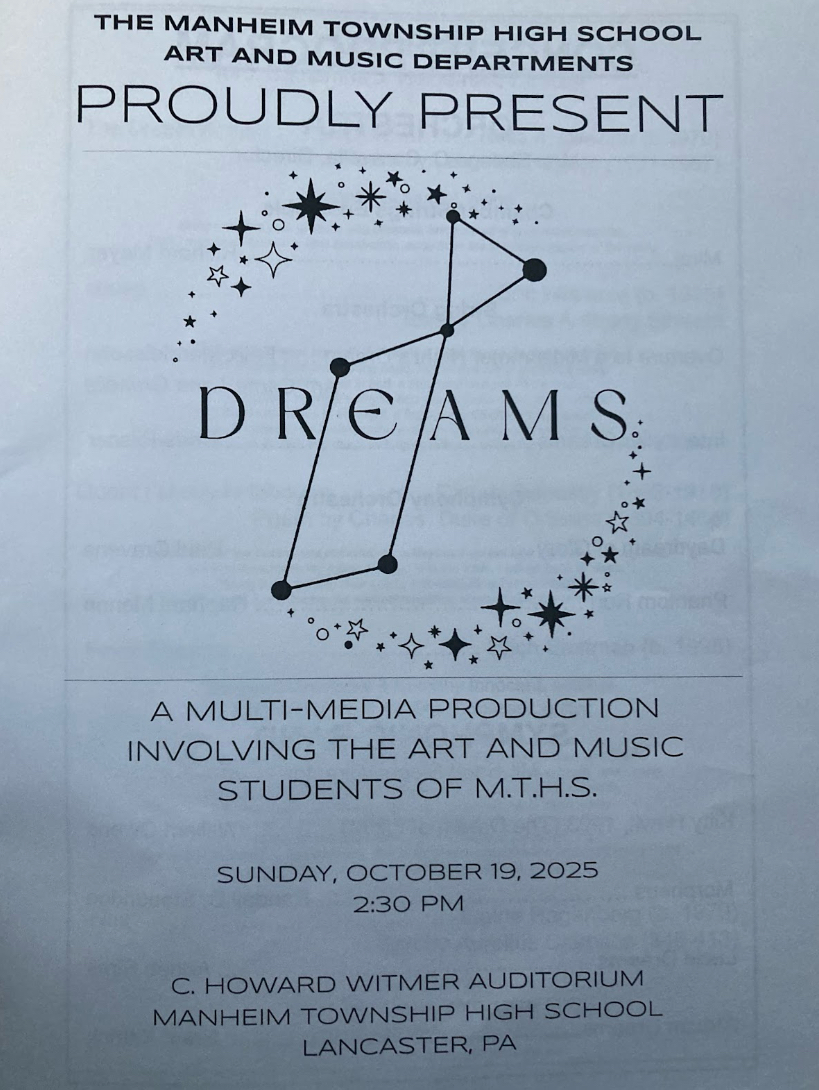It is no secret that America has seen a surge in book banning in recent years. In fact, PEN America reports that throughout the 2024-2025 school year, there were 6,870 cases of banned books encompassing almost 4,000 titles. This practice has become much too normalized and many people are not aware of the dangers it presents, not only within the school system but also in the lives of American adults.
Many banned books tell the stories of minorities, including the LGBTQ+ community. According to the American Library Association, seven out of the 10 most banned books in 2023 were challenged because of content relating to sexuality. Members of this community are already targeted in America, especially in southern states, where most of these book bannings are occurring. In Florida, for example, many bans are driven by the 2022 Parental Rights in Education Act, more commonly known as the “Don’t Say Gay” law, which prohibits instruction on sexuality in classrooms from kindergarten to third grade.
Censoring these perspectives will only increase the stigma around sexual orientation and gender identity, which can have incredibly harmful effects on LGBTQ+ youth who don’t feel safe and supported. They are at a higher risk of anxiety, depression and suicidal thoughts, and they may turn to unhealthy coping mechanisms like substance use or skipping school out of fear.
“Our library policy reflects Rudine Sims Bishop’s idea that books act as mirrors, or as literary reflections of readers,” MTHS librarian Carly McCarthy said. “I believe it would be dangerous if certain students couldn’t ‘see’ themselves in a book.”
Although parents and organizations that challenge books claim they do it to keep students safe and happy, it seems to have the opposite effect on some of those students.
Other books are banned for reasons related to race. Novels like “The Color Purple” by Alice Walker and “Stamped: Racism, Antiracism, and You” by Ibram X. Kendi. Kendi and Jason Reynolds were challenged due to open discussions of race, and some of Jerry Craft’s books including “The New Kid” and “Class Act” were opposed as part of efforts to eliminate instruction on “critical race theory” in classrooms.
In a study at University of Colorado Boulder, researchers found that books written by people of color (specifically women of color) are 4.5 times more likely to be banned than books written by white authors. This disproportion highlights the unspoken goal of some American parents, politicians and administrators: to erase Black literature and perspectives from the country. Race is not something to avoid in discussions; it should be openly addressed and celebrated so that people of color can feel more comfortable sharing their experiences. Banning books that aim for this celebration and acknowledgment is not something that should be accepted or encouraged.
In general, banned books tend to feature delicate topics such as violence, domestic and sexual assault, substance abuse, explicit scenes and more. The top 10 banned books in each of the past three years were all banned due to at least one of these reasons. While reading about these subjects can be difficult for sensitive students, they are not based completely in fiction. They cover things that do happen in the real world, and it is important for young people to understand these sensitive topics so that they know when inappropriate things are happening and can help change them.
“When certain books are removed from schools or libraries, students may miss opportunities to explore complex social, historical, or emotional topics in a safe, educational setting,” MTHS English teacher Michelle Luther said.
Isn’t it better for kids to learn about the world’s harsh realities through thoughtful discussions, with the support of teachers, counselors and psychologists if needed as opposed to experiencing them for the first time on their own without resources?
The bottom line is this: if you personally are not comfortable with reading something right now, don’t read it. But no one should be allowed to make those decisions for other people based on their own values. Censoring the stories of marginalized groups and difficult topics is not going to protect or purify anything or anyone. It is going to limit critical thinking skills and empathy, and prevent important conversations. A strong, diverse, accepting America should be the goal, and book banning only accomplishes the opposite.


